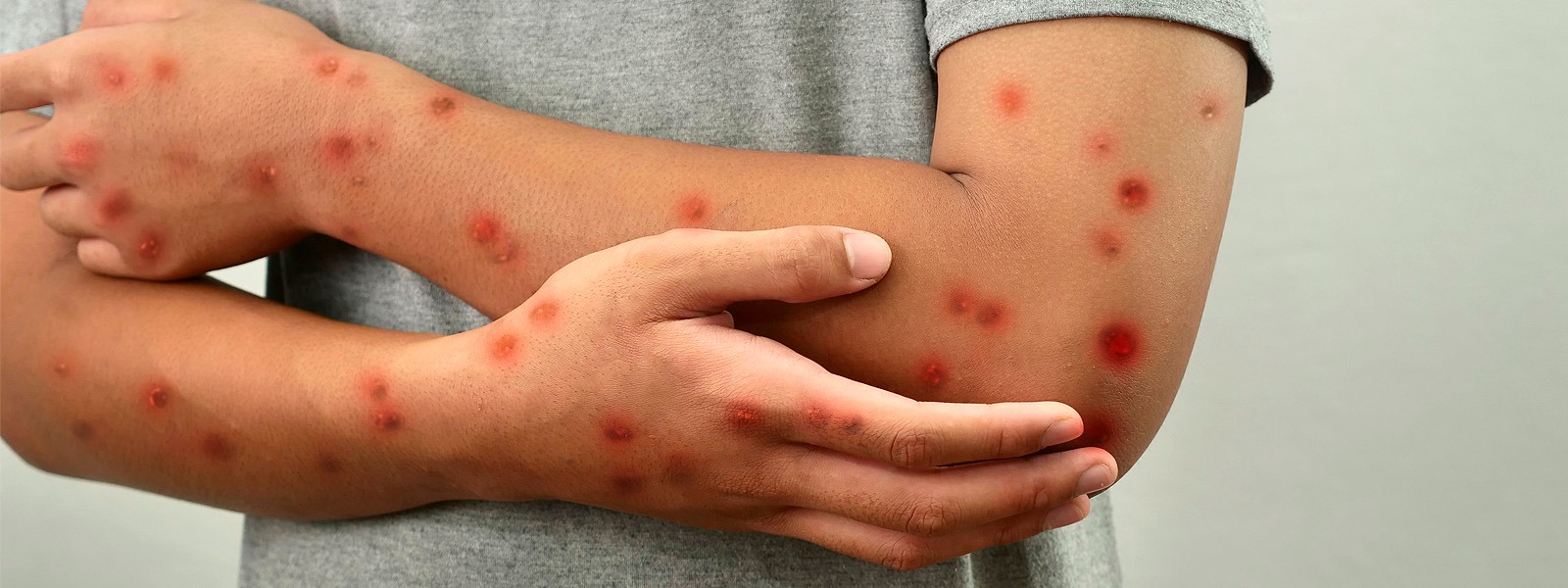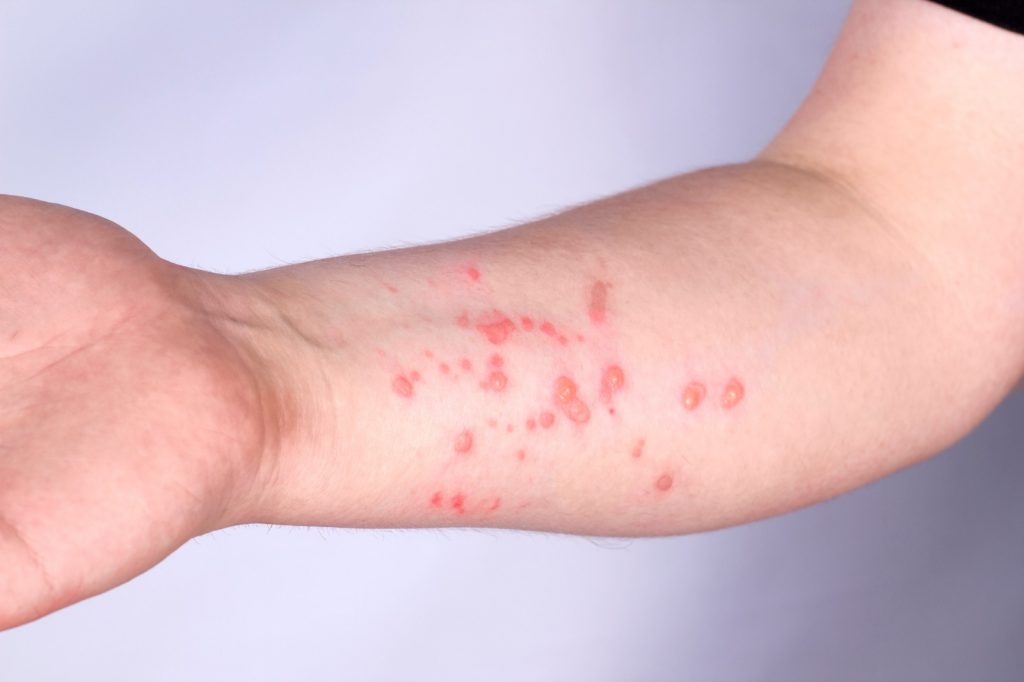Mpox: Specialist warns that despite low lethality, the disease requires attention
06 de May de 2025

By Ana Pastana – From Cenarium
MANAUS (AM) – Recently, cases of Monkeypox or Mpox, as the virus from the Orthopoxvirus genus is known, gained attention on social media, and internet users expressed concern about the infection, which has skin lesions as one of its main symptoms. Speaking to CENARIUM, a specialist emphasized that the disease’s lethality is low, but caution is necessary.
Mpox is a viral disease transmitted through direct contact with skin lesions, respiratory secretions, bodily fluids, or contaminated objects. The main symptoms include fever, extreme fatigue, and skin lesions. The recommendation is that, upon identifying suspicious symptoms, the person should seek the nearest healthcare facility and follow medical guidelines, including isolation, to prevent the spread of the virus.
At the end of April, the singer from Pará, Gutto Xibatada, died due to complications from Mpox, becoming the second death caused by complications from the disease this year in Pará. According to the State Secretariat of Public Health (Sespa), all deaths had a Mpox diagnosis but also presented comorbidities, which increases the risk of disease severity. There were 19 reported cases of Mpox in Pará from January 1 to April 23, 2025.

Infectious disease specialist Nelson Barbosa told CENARIUM that the virus is curable and explained the disease’s low lethality but reaffirmed that care must be taken to avoid complications that could lead to death.
“The disease requires care because the lesions can lead to infection, bacterial colonization. So, in fact, [the person] won’t die from Mpox itself, because the virus’s mortality ranges from 1% to 10%, but if the person acquires an infection through these lesions, the risk of death is very high,” said the specialist.
In Amazonas, according to the report released by the State Health Surveillance Foundation Dr. Rosemary Costa Pinto (FVS-RCP), on Wednesday, the 30th, the state of Amazonas recorded 33 confirmed cases of the disease. From January 1 to April 30 this year, there were 63 notifications, with 33 confirmed cases, all male, and 29 discarded. There are no recorded deaths from the disease.
Also according to the FVS-RCP, circulation of the virus in the state was recorded in 2023 and, since then, investigations of suspected cases of the disease have been ongoing. The foundation states that in 2025, there was a 56% reduction in Mpox cases in the region compared to the same period the previous year.
“We maintain constant and integrated surveillance with the municipalities of Amazonas, aiming for timely responses to any public health threat,” emphasized FVS-RCP director-president, Tatyana Amorim.

Transmission
According to Dr. Nelson, in addition to direct contact with skin lesions, bodily secretions, or respiratory droplets from an infected person, objects such as bedding and towels, and contact with wild animals that may carry the virus are also means of contamination. A person who contracts the virus may take two to 21 days to develop skin lesions.
“The incubation period of Mpox is precisely the time from when the person had contact with someone sick until they develop the lesions. This can vary from two to 21 days. In the initial phase, there is fever, muscle pain, headache, adenopathy [swelling], which appears mainly in the neck, armpits, and genital area. After one to two days, spots appear that later turn into papules [small skin lesions]. The lesions can last from two to four weeks,” Barbosa explained.
Vaccine
There is a vaccine against the virus available in Brazil; however, it is not produced on a large scale. “It is currently restricted to a target group such as people living with HIV [Human Immunodeficiency Virus] and AIDS, people with some immune deficiency, and healthcare professionals who deal with these people, who treat these [infected] individuals,” said Nelson Barbosa.
Prevention
The FVS-RCP recommends that, to reduce the risk of infection, one should avoid direct contact with skin lesions, rashes, scabs, or bodily fluids from infected individuals; wash hands frequently with soap and water or use alcohol gel, especially after touching shared surfaces or being in public places; practice safe sex using condoms and be alert to suspicious signs in oneself or one’s partner.
It is also necessary to maintain respiratory etiquette by covering the mouth and nose when coughing or sneezing to prevent the spread of viral particles and to wear respiratory protection masks in environments with a high likelihood of transmission, such as closed and poorly ventilated spaces, always maintaining rigorous personal hygiene.
Upon identifying suspicious symptoms, the foundation recommends that the person should seek a Basic Health Unit (UBS) and follow medical recommendations, including isolation to prevent virus transmission. In suspected cases, patients are referred to reference units for sample collection.
Pregnant women, children, and patients with severe lesions should be referred to the Tropical Medicine Foundation – Dr. Heitor Vieira Dourado (FMT-HVD), in Manaus.

